How To Stop Losing Fish At The Boat (5 Simple Tips)
- By: Tony Acevedo
- on
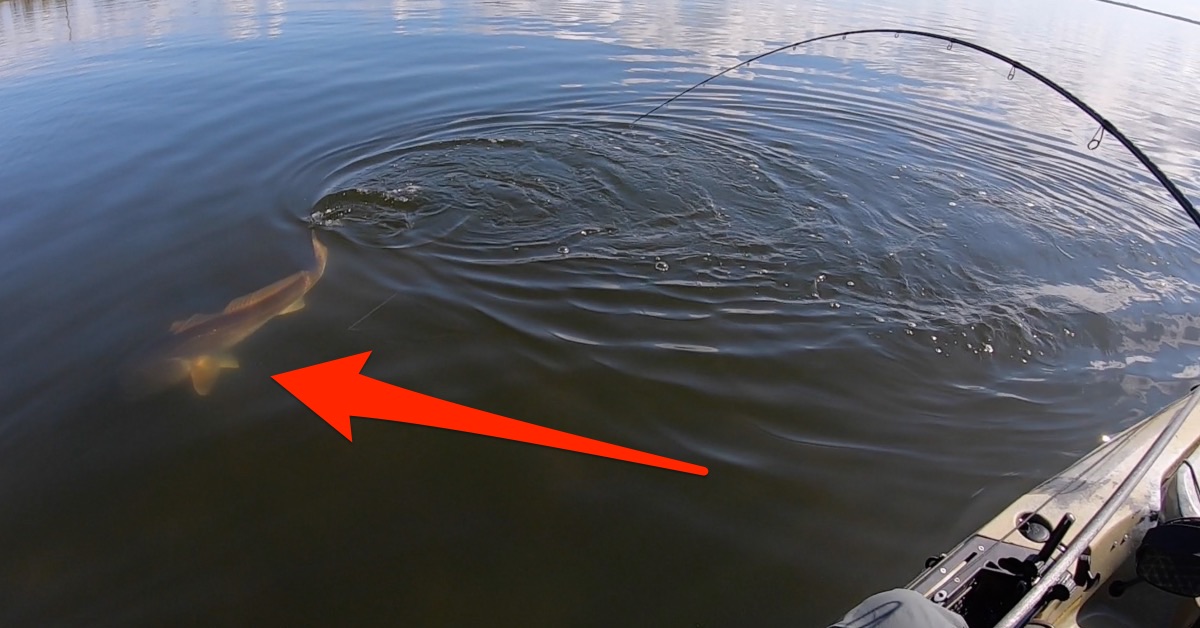
Have you ever lost a big fish right at the boat?
It hurts!
You did all the hard work — you found them, got them to eat, fought them like a pro to get them next to the boat, but then, somehow, they got off…
It’s heartbreaking!
Was it something you did?
Something the fish did?
Or just plain bad luck?
It happens to every angler, but there are some things that you can do to have it happen less.
See these five tips to quit losing fish at the boat below.
How To Stop Losing Fish At The Boat [VIDEO]

When you’re fighting a fish, the hook is digging a hole in the fish’s mouth.
The longer you fight the fish and the more it moves around, the wider the hole the hook carves out will be.
So to keep the fish on the hook, you need to keep pressure on it.
Here are five ways to do that:
Tip #1: Don’t let slack in the line
When you get the fish to the boat, you need to keep the line tight.
Sometimes anglers will let pressure off of the line at this point, and that often results in a lost fish.
Tip #2: Use a longer leader
Leader material (such fluorocarbon and monofilament) is stretchy (unlike braided line) so it acts as a shock absorber when the fish thrashes about.
If you want more shock absorption, which helps keep pressure on the fish, use a longer leader.
Tip #3: Use a lighter rod
If you use a rod with a lot of backbone, there won’t be much shock absorption, especially when the fish gets to the boat.
To get more give in your setup, you might want to choose a lighter rod.
For example, if you’re using a medium-heavy rod, you might want to step down to a medium rod.
Tip #4: Use a needlepoint hook
There are two types of hook points: needlepoint (also known as pinpoint) and cutting point hooks.
Needlepoint hooks have thin points that carve out less of a hole in the fish’s mouth.
Cutting point hooks, on the other hand, have broader, triangle-shaped heads that cut bigger holes in the fish’s mouth.
Cutting point hooks do well at cutting through a fish’s mouth to get a good hook set, but the bigger hole might cause you to lose them at the boat.
Tip #5: Use light wire hooks
Heavy gauge hooks don’t bend or have any give, which can cause you to lose fish.
Light wire hooks, on the other hand, do have some give which helps keep pressure on the fish when they’re thrashing about.
Conclusion
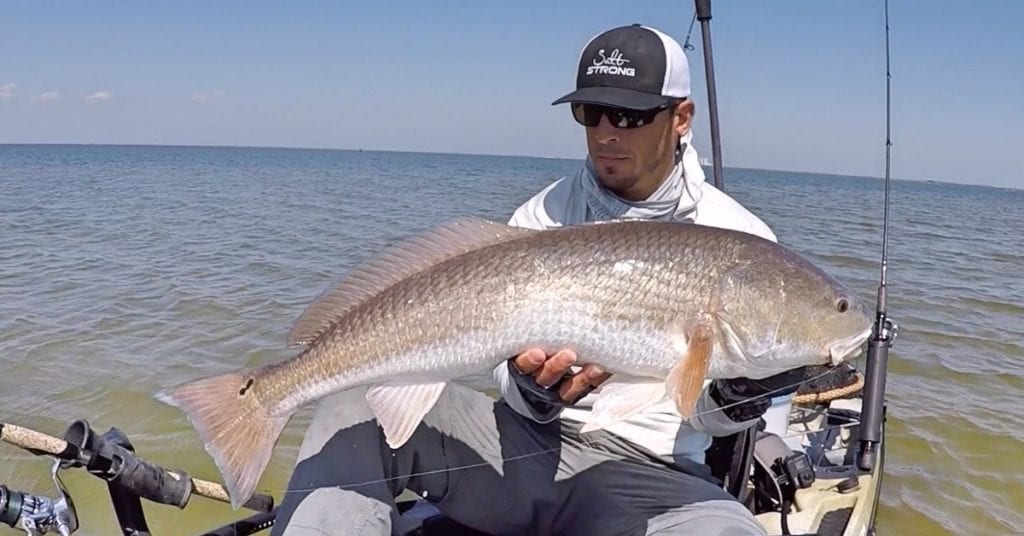
To ensure you don’t lose fish at the boat, keep pressure on them.
Don’t let any slack in the line and use equipment that has some give so you can keep the hook tight to their mouth.
Have any questions about losing fish at the boat?
Have any other tips that I missed?
Let me know down in the comments!
And please TAG or SHARE this with someone who keeps losing fish!
P.S. Want access to our best fishing spots and tips, plus discounts to our online tackle store? Click here to join us in the Insider Club!
Related articles:
Related categories:
STOP WASTING TIME ON THE WATER!
Do what the “SMART ANGLERS” are doing and join the Insider Club.
Here’s what you’ll receive today when you join:
- Weekly fishing reports and TRENDS revealing exactly where you should fish every trip
- Weekly “spot dissection” videos that walk you through all the best spots in your area
- Exclusive fishing tips from the PROS you can’t find anywhere else
- Everything you need to start catching fish more consistently (regardless if you fish out of a boat, kayak, or land).

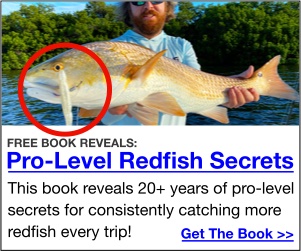


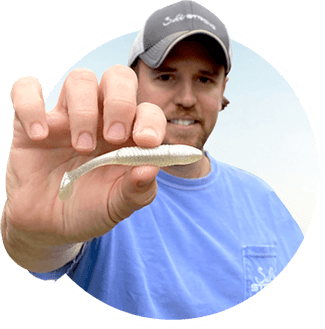
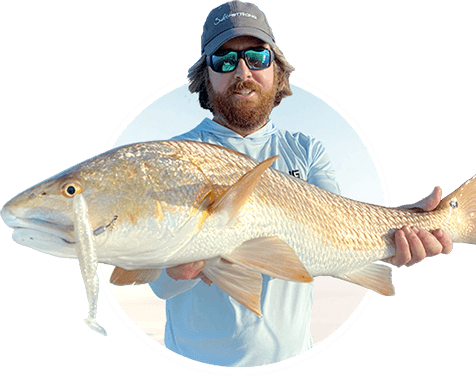
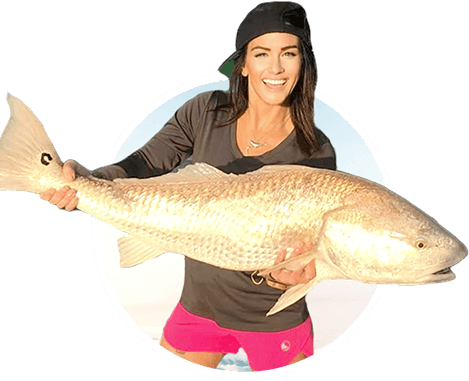
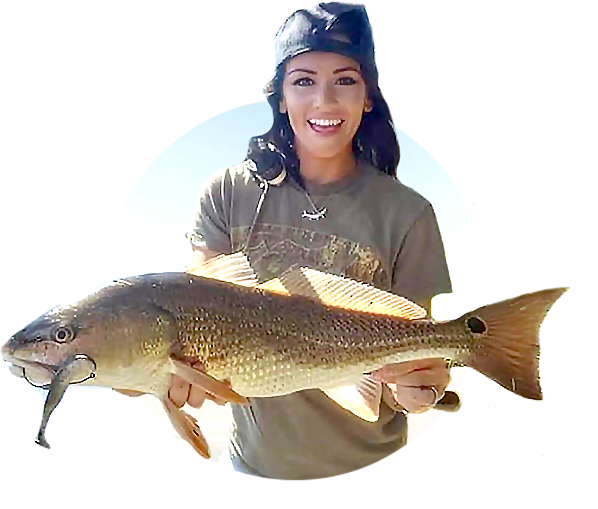
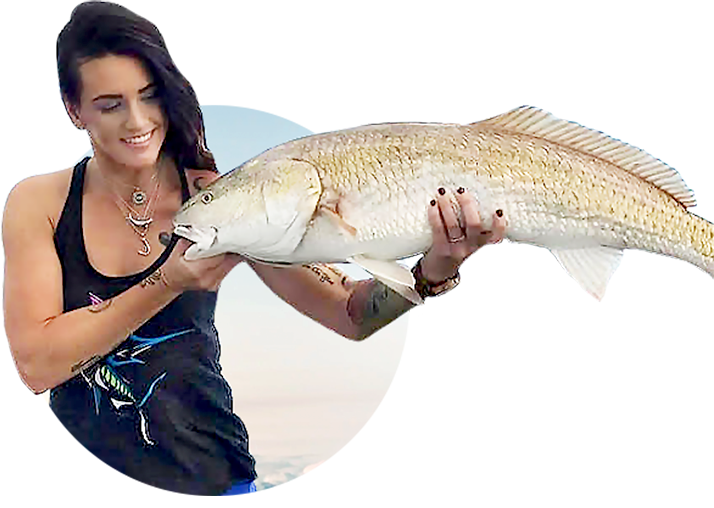

I have this problem. A guy at a bait shop told me to leave slack in the line by the boat to net them. I kept the line tight and they got off. I told him in PA where i lived my whole life we had to keep the line tight cause when the jump they get off if the line is slack.
Yeah slack line is risky because by the end of the fight your hook has created a hole larger than the diameter of the hook itself. A quick head shake or turn in direction on slack line will cause the hook to just fall right out. Keep tension but have your drag set light so if that fish makes a run at the last minute he doesn’t pop your line.
Tony, Several very good points. Thank you, Tom Watts, Naples, Fl.
No problem Tom!
And for a big trout, loosen your drag a bit as it gets close to the boat, but *never ever* tighten it! Thanks Tony, great tips!
Absolutely! No problem Dave!